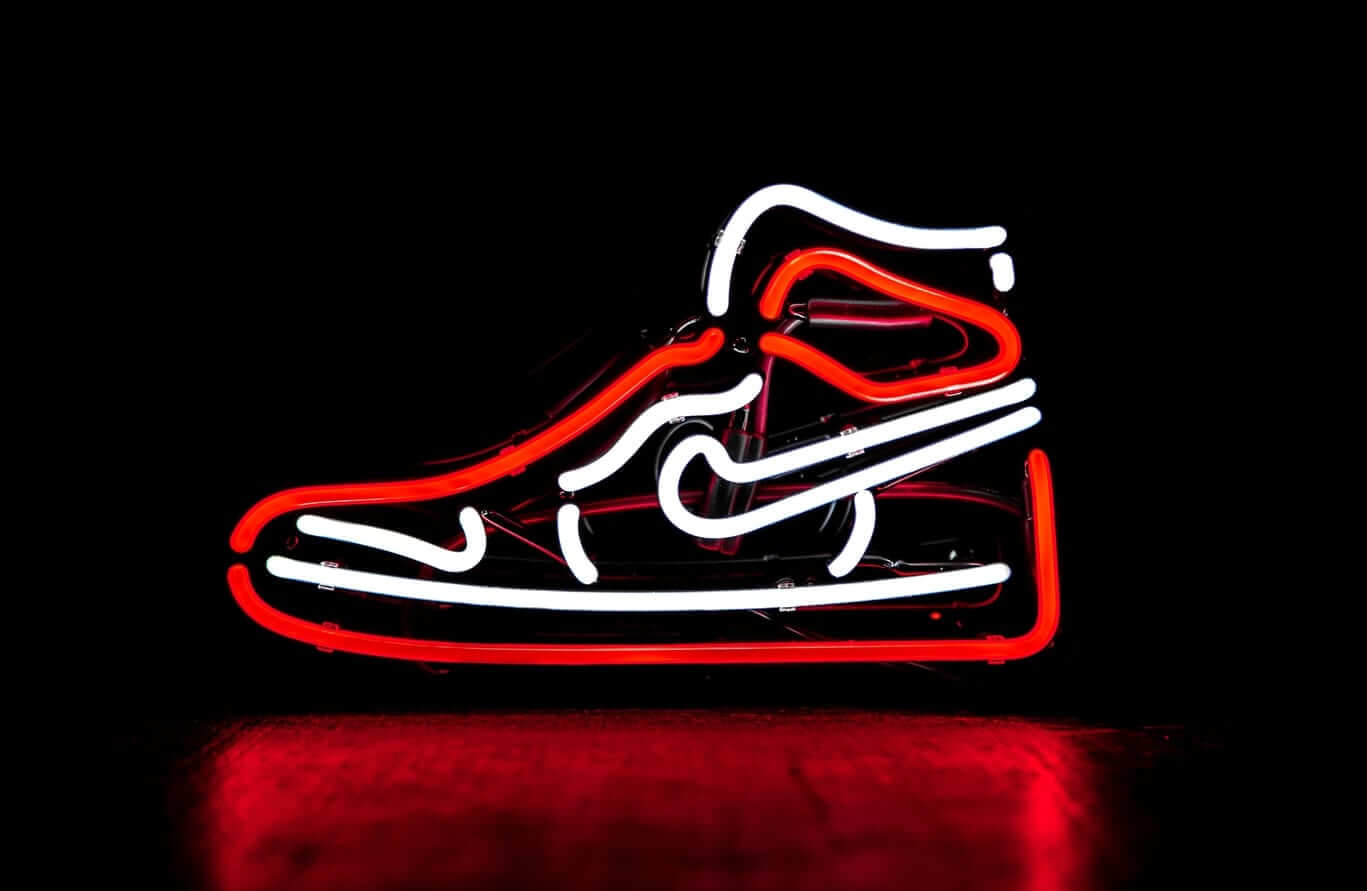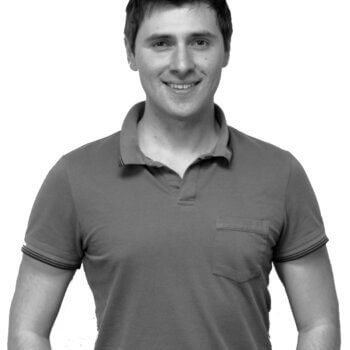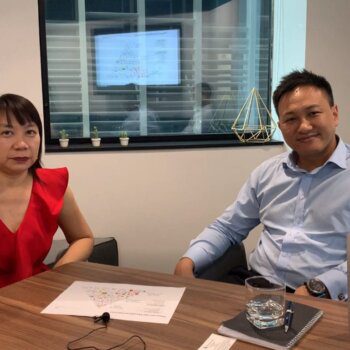Phil Knight grew up in a strict, conservative family. His dad, a lawyer, wanted to make a decent man out of his son.
“You see, Phil’s dad worshipped at the altar of respectability. He wanted a son who was respectable, with a nice house, good wife, and obedient kids.” — Derek Wydra, Shoe Dog Summary
The son, however, had other ideas in mind.
After graduating from the University of Oregon with a Degree in Journalism, Phil felt lost in life. He had no idea what he wanted to do, so he enlisted in the Army.
Having served one year in the Army, Phil was still confused, so he followed his gut and joined the Stanford Graduate School of Business.
Soon, he got an assignment to invent a new business. He came up with a business plan that was centered around selling shoes. His paper was titled ‘Can Japanese Sports Shoes Do to German Sports Shoes What Japanese Cameras Did to German Cameras?’
“I’d spent weeks and weeks on that paper. I’d moved into the library, devoured everything I could find about importing and exporting, about starting a company.” — Phil Knight, Shoe Dog
His classmates listened to his presentation with the usual “formal boredom.” Little did they know that this college paper would one day turn into one of the world’s most valuable companies, Nike.
$500 Airplane Ticket That Led to a Billion-Dollar Company
After graduating from Stanford, the shoe business idea was still just an idea, and Phil was still a confused twenty-something who had little understanding of what he wanted to do next in life.
Instead of waiting for the inspiration to strike in his bedroom, Phil bought a one-way ticket to Hawaii. Then, he traveled all across Europe, Asia and Egypt. For his last stop, he thought, Japan might be a good place to swing by.
When he got there, Phil was shocked at the shoe prices. They were so low! There must be an opportunity here, he thought.
With no business experience whatsoever, this twenty-something graduate did what any young man would in his shoes (pun possibly intended): he set up a meeting with a Japanese shoe manufacturer, Onitsuka.
Sitting across the conference table from a dozen Japanese corporate suits, Phil hears the question: which company do you represent, Mr. Knight?
“Er… Blue Ribbon!” Phil spat out, remembering his athletic achievements in high school.
Luckily, it was the year 1962 — so it wasn’t exactly expected for a company to have a website — and Onitsuka were indeed interested in expanding their distribution to the U.S.
With no money, Phil placed an order for a thousand pair of shoes. He had no idea where he would get the money to pay for the order. But he did have faith.
When he came back to America, he told his former running coach, Bill Bowerman, about his Japanese adventure. Bill put up the money for the initial order, and became the co-founder of Nike.
“Have faith in yourself, but also have faith in faith. Not faith as others define it. Faith as you define it. Faith as faith defines itself in your heart.” — Phil Knight, Shoe Dog
No Great Idea Was Ever Discovered On the Couch
So many of us are in a similar situation where Phil Knight was in his twenties. A college graduate, with a meaningless degree and no idea what to do in life.
I’ve been in this situation. Both of my unfinished studies in Economics and Econometrics resulted in a lesson that I could’ve figured out after 1 hour on Youtube: this is not for me.
My problem was that I was waiting for the solution to magically fall into my lap. My realization was that it doesn’t.
Instead, I wish I could turn back time and do what Phil did. I would buy a one-way ticket to Japan, and see where the journey takes me.
About the Author
This submitted article was written by Alan Trapulionis, a writer at The Entrepreneur’s Handbook. See more of Alan’s work.






























